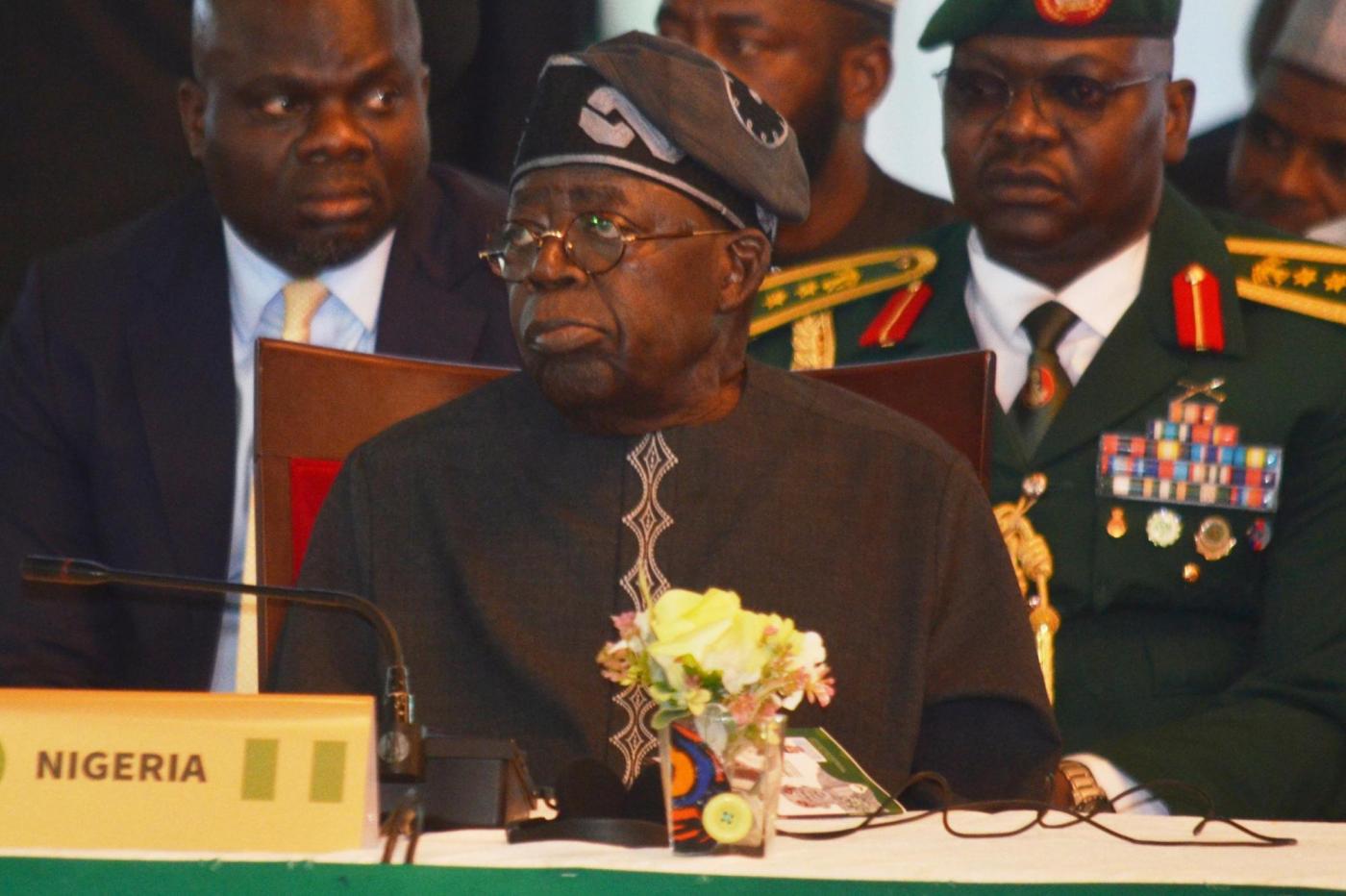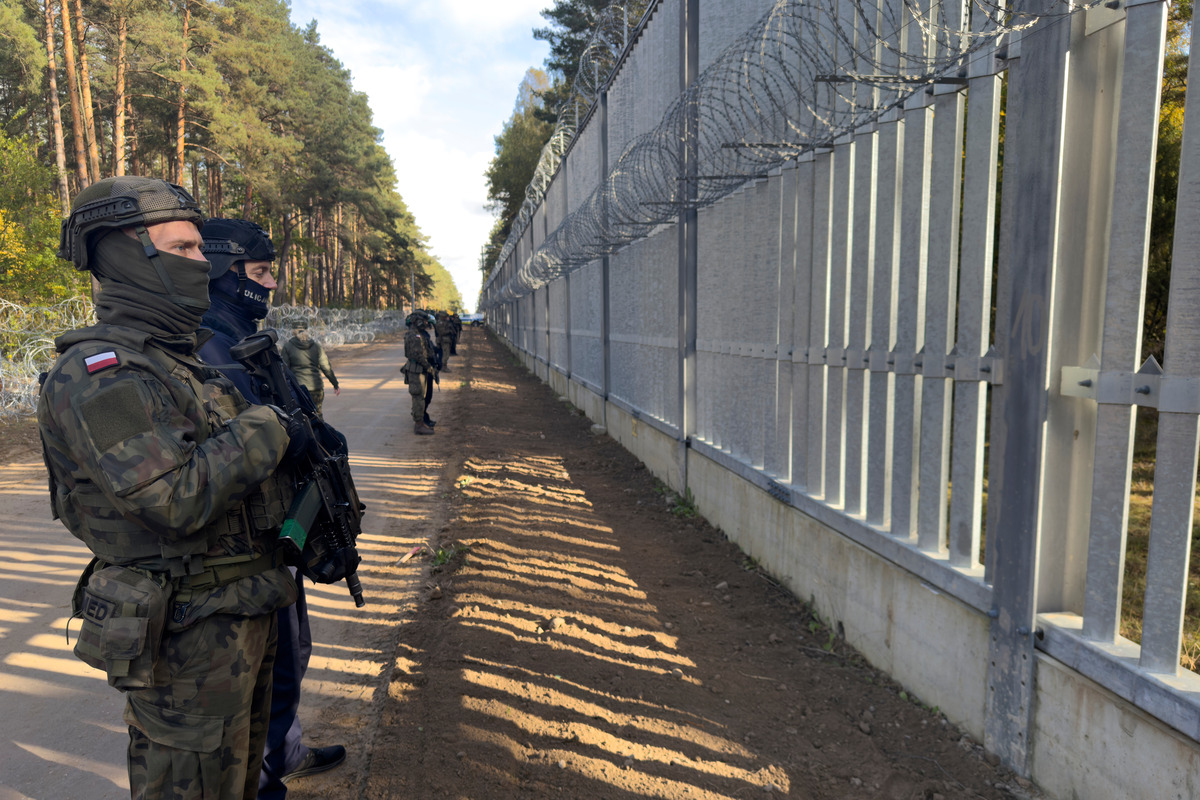Political discourse in the United States has taken a tumultuous turn, diverting attention from domestic issues to potential military engagements abroad. Recent comments from President Donald Trump indicate a growing focus on Nigeria, where he suggested a need to intervene in the country to protect persecuted Christians. This shift comes amidst a backdrop of various controversies and political posturing that have gripped the nation.
The backdrop of these discussions includes an ongoing domestic crisis with the impending expiration of the Supplemental Nutrition Assistance Program (SNAP), which provides food aid to approximately 42 million Americans. On the same night that Democrats celebrated their electoral victories, Trump hosted a lavish party at his Mar-a-Lago estate, seemingly prioritizing social engagements over pressing food security concerns.
In a separate but related commentary, RFK Jr., the Secretary of Health and Human Services, made headlines with his controversial statements regarding the pain reliever Tylenol. He suggested a possible link between the medication and autism, a claim that has not been substantiated by scientific evidence. This prompted concerns as Texas initiated legal action against the drug’s manufacturer, which is facing significant market repercussions.
As tensions escalate internationally, Trump’s remarks about Nigeria have raised eyebrows. He implied that a military intervention might be necessary, stating that he could go in “guns-a-blazing” to protect those facing persecution. This statement has been met with skepticism from Nigerian officials, who interpreted it as a call for dialogue rather than conflict.
Meanwhile, the global political landscape remains precarious, particularly with the expiration of the last remaining nuclear arms treaty with Russia approaching in February. As leaders worldwide engage in military posturing, Trump’s comments about testing nuclear capabilities have caused concern. He remarked, “Everyone is testing their nuclear bombs!” This rhetoric has the potential to escalate tensions further.
The increasing focus on international conflicts, particularly in Nigeria, comes at a time when domestic issues seem to be sidelined. Observers note that while Trump continues to highlight foreign policy matters, significant challenges like food insecurity and public health remain unresolved.
As the political climate shifts, many are left questioning the priorities of their leaders. The discussion surrounding Nigeria and the potential for military action may overshadow critical domestic issues that require immediate attention. The world watches closely as the situation evolves, anticipating the implications of these political maneuvers on both sides of the Atlantic.
In summary, the U.S. political narrative is currently marked by a shift towards international military considerations, with Nigeria at the forefront. While Trump emphasizes the need for intervention, the domestic landscape continues to grapple with pressing issues that demand equal focus.







